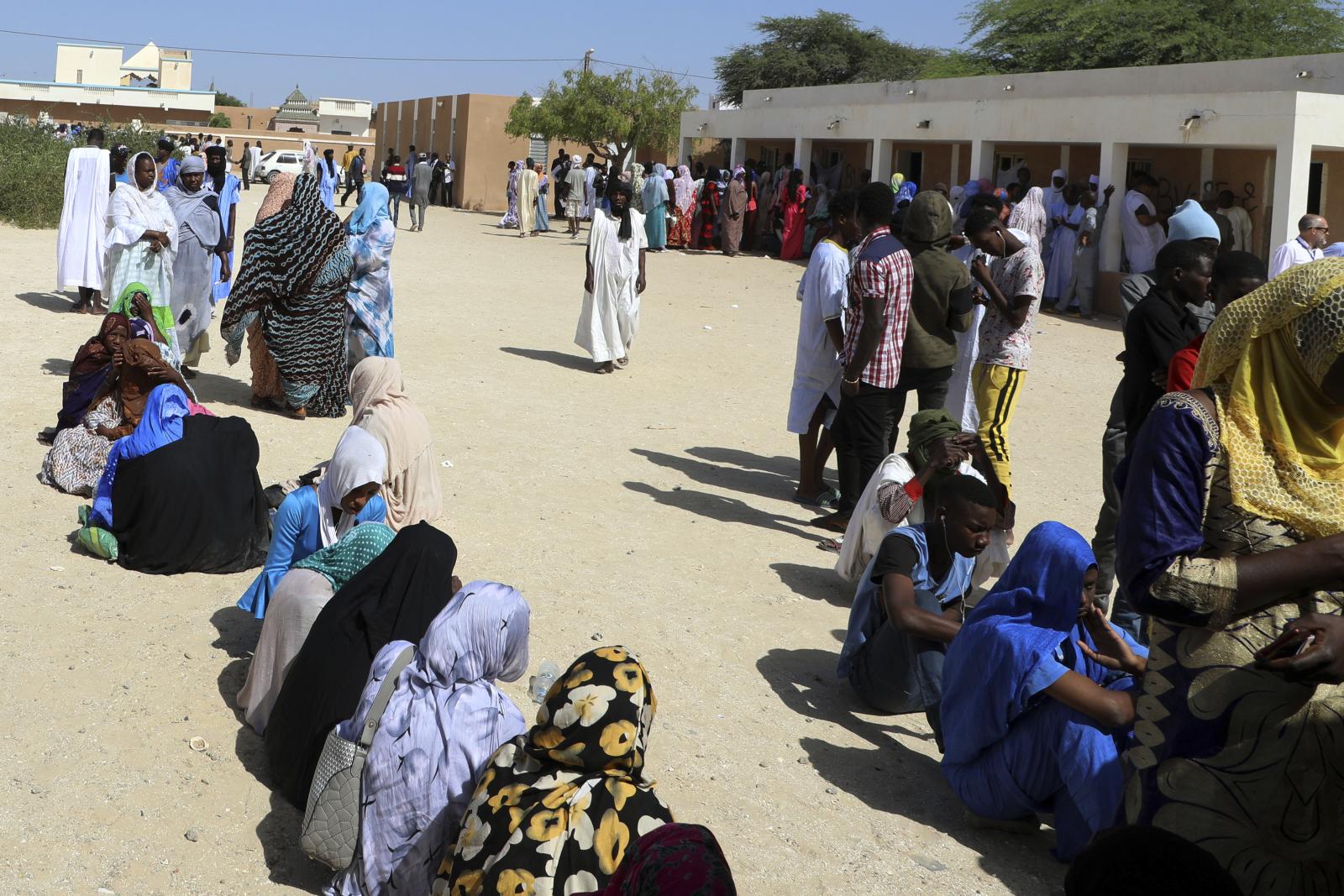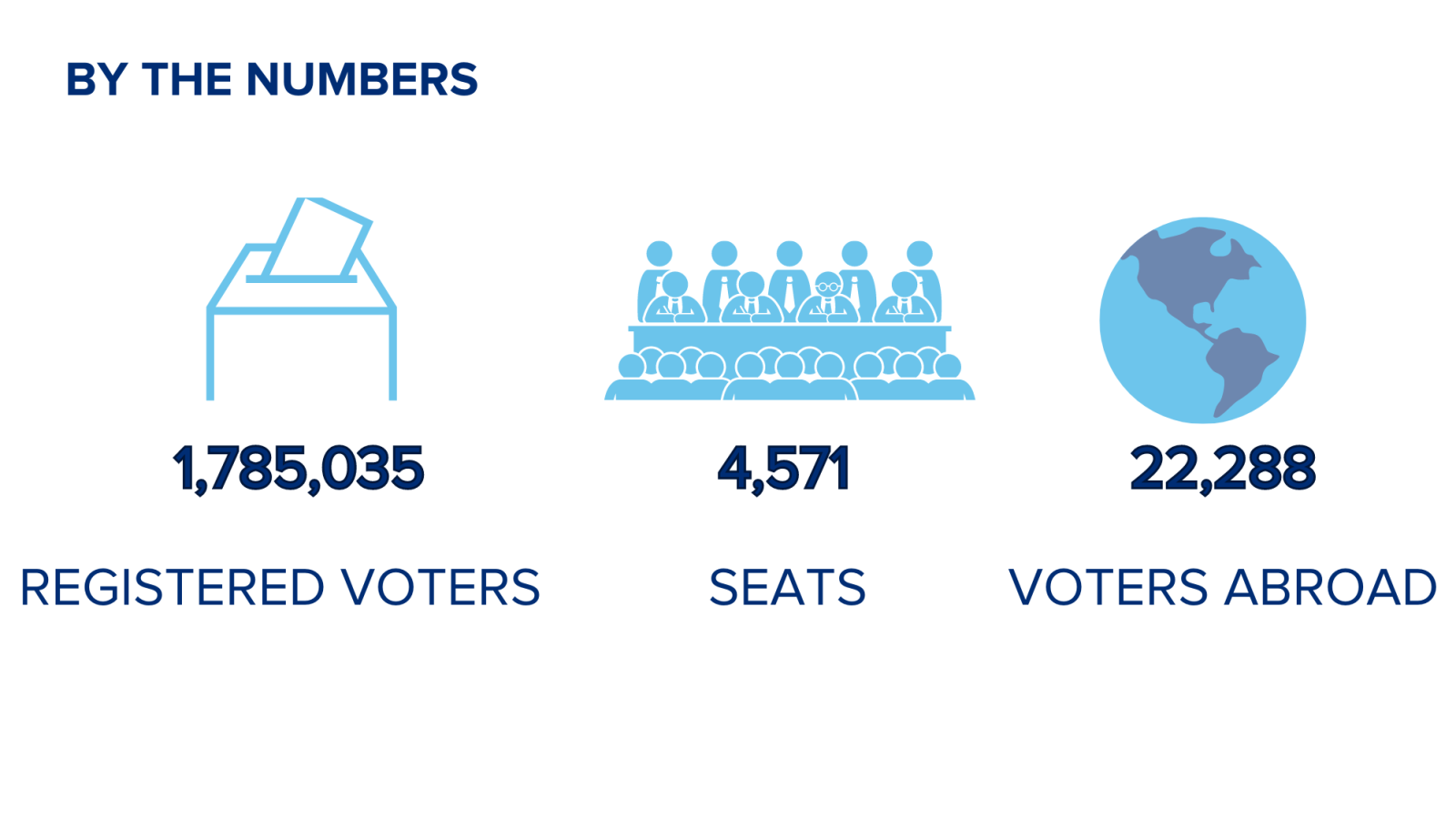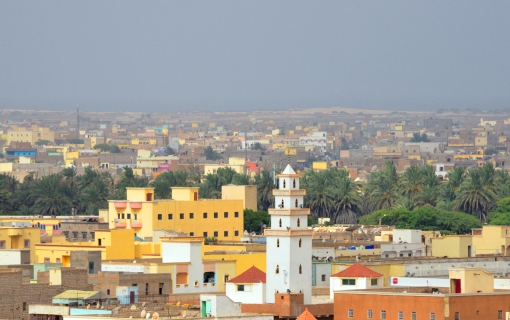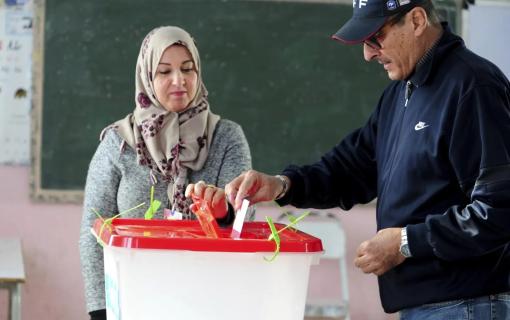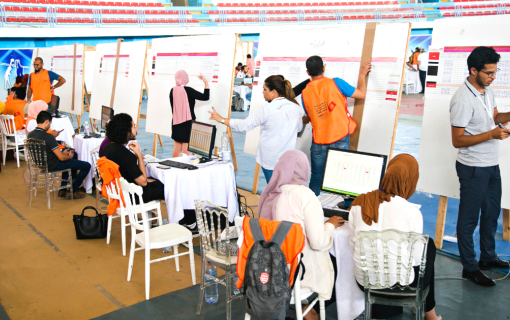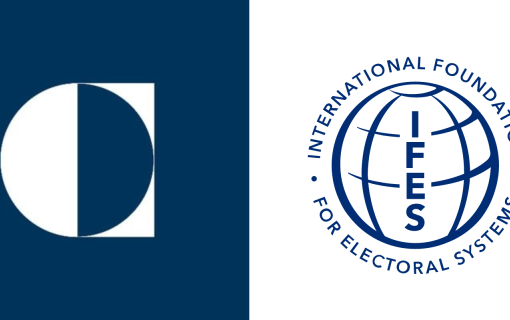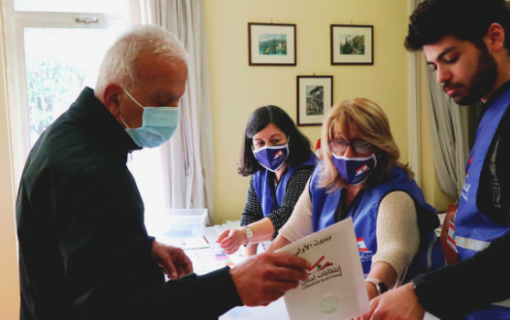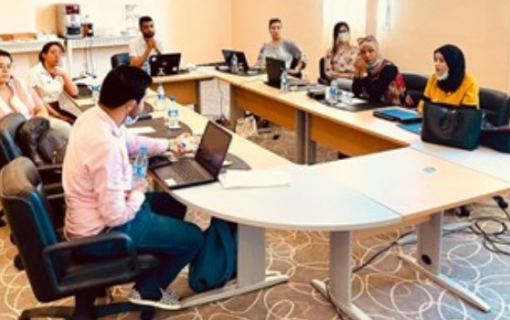2023 Elections and IFES in Mauritania
From 2012-2013, the International Foundation for Electoral Systems (IFES) implemented the Supporting the Electoral Process program in Mauritania, funded by the United States Agency for International Development (USAID), to strengthen the capacity of Mauritania's National Independent Electoral Commission (CENI) ahead of legislative and municipal elections held in November and runoff elections in December 2013. Support included targeted trainings on electoral operations and management, voter registration, and civic and voter education.
In February 2023, IFES returned to Mauritania under the USAID-funded Kofo Sugande (People's Choice) project, implemented by the Consortium for Elections and Political Process Strengthening, which includes IFES and the International Republican Institute. IFES works with the CENI to make the 2023 general elections more inclusive and accessible to voters across Mauritania. Kofo Sugande project activities also focus on longer-term strategic planning and capacity building to improve the country's overall electoral administration and enhance the political participation of all Mauritanians.
Mauritania 2023 Legislative, Regional, Local Elections
Simultaneous legislative, regional, and local government elections in Mauritania will occur on May 13, 2023. Second rounds will take place two weeks later, as needed, on May 27, but only for half of the deputies to the National Assembly, including those elected by Mauritanians residing abroad.
Following an agreement between all main political parties reached in September 2022, several new features were introduced for the May 13 elections:
- The number of deputies in the National Assembly increased from 155 members to 176. Of those, 88 will be elected in multi-member constituencies based on a proportional system, and the remaining 88 will be elected through a two-round majoritarian system. The country's largest city, Nouakchott, was divided into three constituencies, each with seven deputies.
- A national list reserved for youth and composed of 11 members was introduced to increase youth representation in Parliament.
- Each party is required to include two persons with disabilities in one of its national lists.
- The head of the candidate list that receives the most votes will be declared the mayor or president of the region. Due to the introduction of the proportional system, a council may not receive a stable majority. In such cases, the Ministry of Interior will be responsible for finding a compromise.
- For the first time, Mauritanians residing abroad will elect four representatives directly through a two-round majoritarian system. Previously, members of the National Assembly elected representatives on behalf of Mauritanians residing abroad.
Holding three simultaneous elections makes the electoral process complex. Mauritanian voters will elect the 176 deputies of the National Assembly as well as members of 15 regional and 238 municipal councils. On Election Day, each voter will mark six ballot papers in secrecy and place them in corresponding color-coded ballot boxes. Four ballot papers are for the parliamentary elections, and two are for the regional and municipal elections. For each election, the voter will choose a political party.
The electoral system in Mauritania is a combination of proportional representation and two-round majoritarian systems. Most representatives are elected on closed-party lists based on proportional representation in electoral districts of various sizes depending upon the types of elections. Out-of-country voting will occur in eight countries represented by four electoral districts (Africa, Asia, Europe, and the Americas), each with one seat.
The electoral legal framework guarantees equal suffrage and promotes women’s representation in elected positions through the following:
- For municipal elections, there is a minimum quota of 20 percent seats for women.
- For regional elections, women are guaranteed a minimum number of places on the candidate lists according to the overall number of elected positions and with preferred placement to ensure that women gain some seats.
- For legislative elections, a national list is reserved for women, and political parties are obligated to alternate men/women on their nationwide candidate lists.
There is now a national list reserved for youth, in which candidates must be between 25 and 35 years old. Parties are now also required to include two persons with disabilities in one of their lists—nationwide party lists or lists reserved for women or youth.
The National Independent Electoral Commission (Commission électorale nationale indépendante, CENI) was established in 2012 to organize all levels of elections and referenda in Mauritania. The CENI is a permanent institution with financial autonomy, led by an 11-member Board of Commissioners. The Board is supported by a central administration and a temporary, three-tiered local election commission structure created at the regional, departmental, and municipal levels. The current CENI members took office in October 2022 for a five-year mandate.
Voters must be registered before Election Day to cast their ballots. To register, voters must possess valid biometric identity cards. In the framework of the September 2022 political agreement, political parties and the government decided to compile a new voter register to increase public confidence. Therefore, the voters’ list used in 2019 for the presidential election was discarded and the register was built anew through a process known as Recensement administratif à vocation électorale (RAVEL). The RAVEL commenced on January 27, 2023, and closed on March 13, 2023, registering 1,785,036 voters, including 22,288 Mauritanians living abroad.
Download the Full-Length FAQs
- اللجنة الوطنية المستقلة للانتخابات (ceni.mr) (Official Website of the CENI)
- Collection of legislative and regulatory texts relating to elections in Mauritania, 2019 Edition, Recueil-des-textes-2019.pdf (dgct.mr)
- IFES Election Guide | Country Profile: Mauritania




